Blog

Can Horses Have Allergies?
Yes! Horses can suffer from allergies just like humans, and it’s important for owners to...
Read more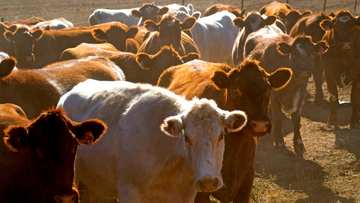
What You Need to Know About White Muscle Disease in Cattle
If you have experience with cattle, you’ve probably heard about white muscle disease (WMD). This...
Read more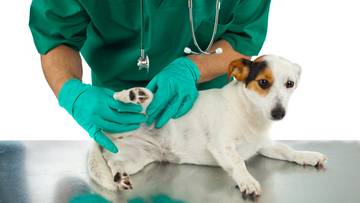
Dog Hip Dysplasia Home Treatment
Hip dysplasia in dogs is a common genetic condition. Hip dysplasia affects a dog's hip...
Read more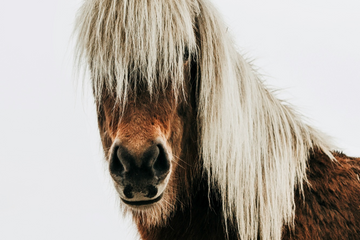
What Is Cushing’s Disease in Horses?
If you’re into horses, you’ve probably heard of Cushing’s Disease. It’s also known as Pituitary...
Read more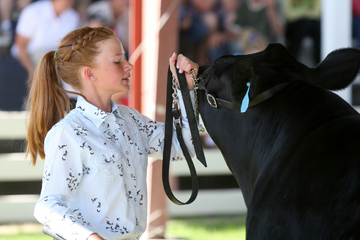
Mastering the Show Ring: Understanding Showing Cattle
Cattle shows are arenas where cattle are judged against each other and breed standards. These...
Read more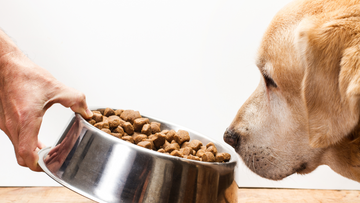
What You Need to Know About Vitamin D for Your Dogs
As a dog owner, you’re probably already doing everything possible to ensure your furry friend...
Read more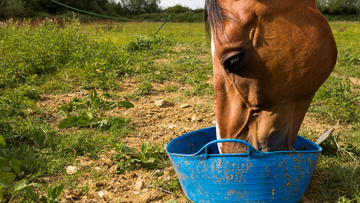
The Benefits of Beet Pulp for Horses
Beet pulp has become a popular feed topper and supplement for horses. Not only is...
Read more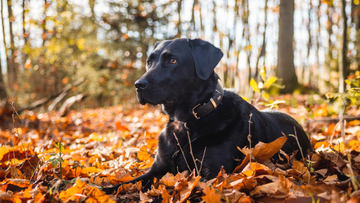
An Owner’s Guide to Lyme Disease in Dogs
Lyme disease is a tick-borne illness that can be detrimental to your dog if left...
Read more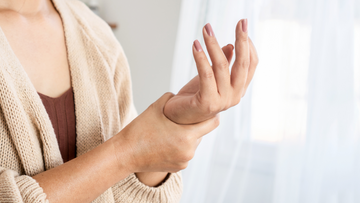
Things You Can Do to Prevent Carpal Tunnel Syndrome
A wrist is made up of eight small bones called carpal bones. These bones form...
Read more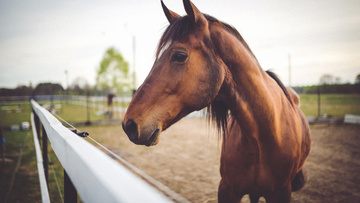
Choking in Horses: What to Watch For & How to Help
Choking in horses is a common problem that every horse owner should be ready to...
Read more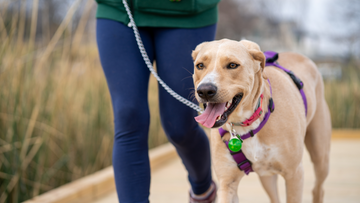
Why Is My Dog’s Back Leg Limping? Possible Causes
A dog limping on their back leg can be scary for any pet owner. As...
Read more
Gifts for Horses & Horse Owners
Owning horses can be expensive. Supplements are one of the items that become expensive over...
Read more










